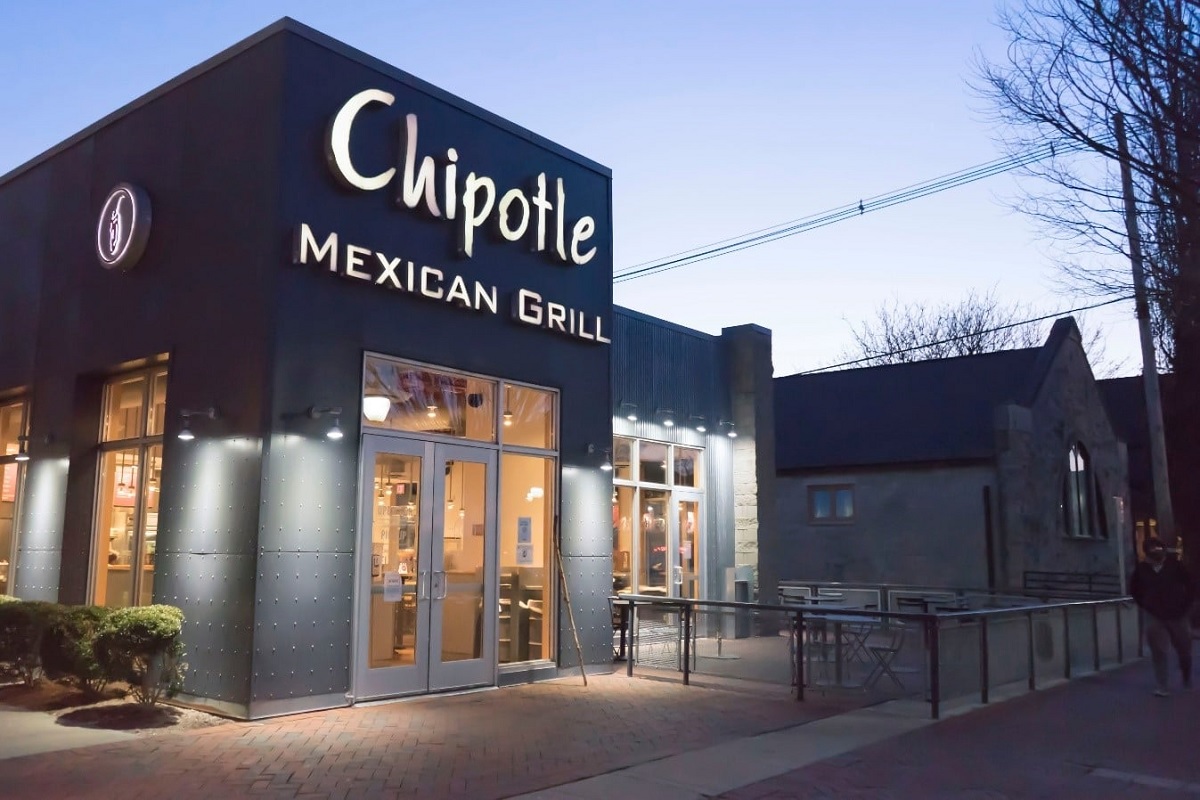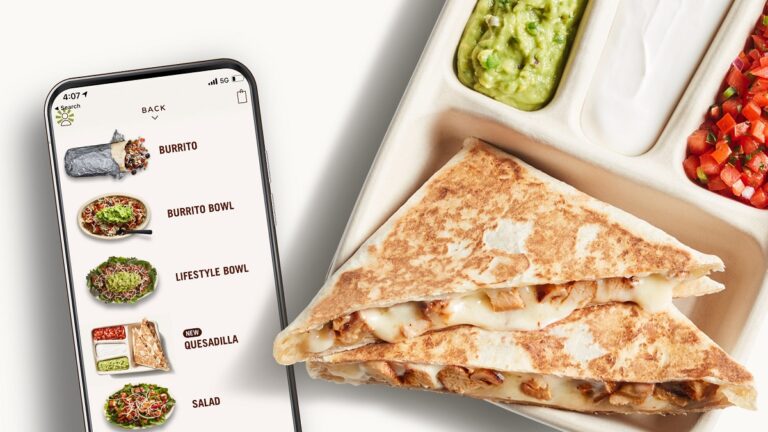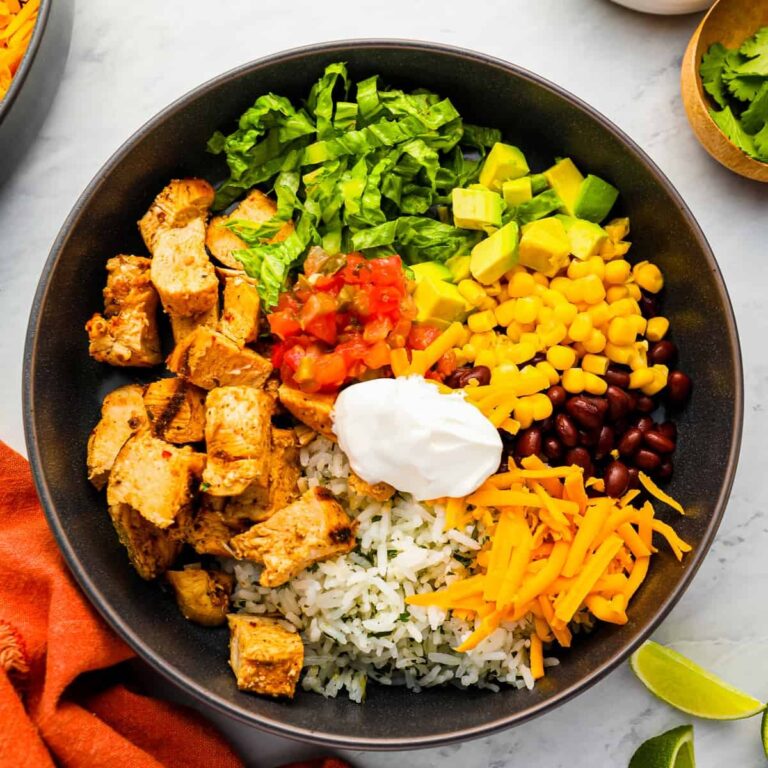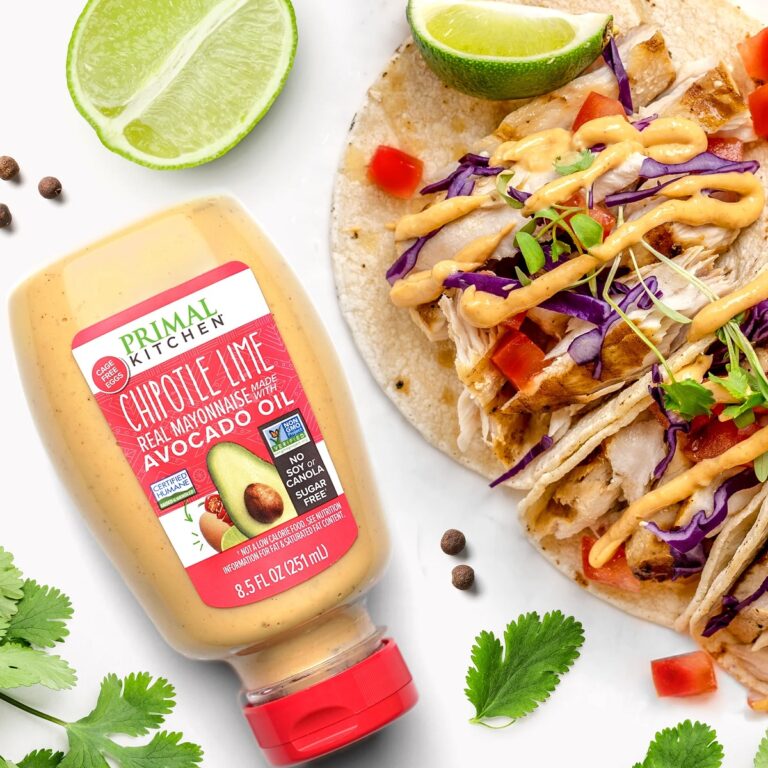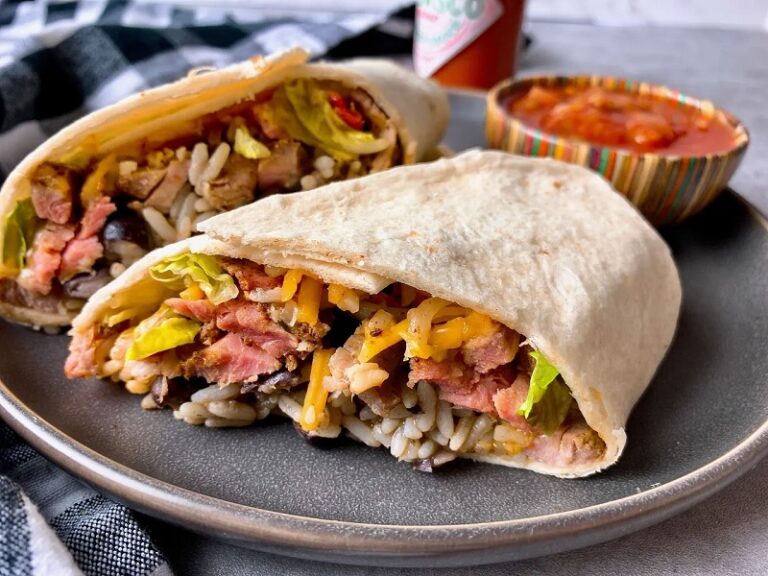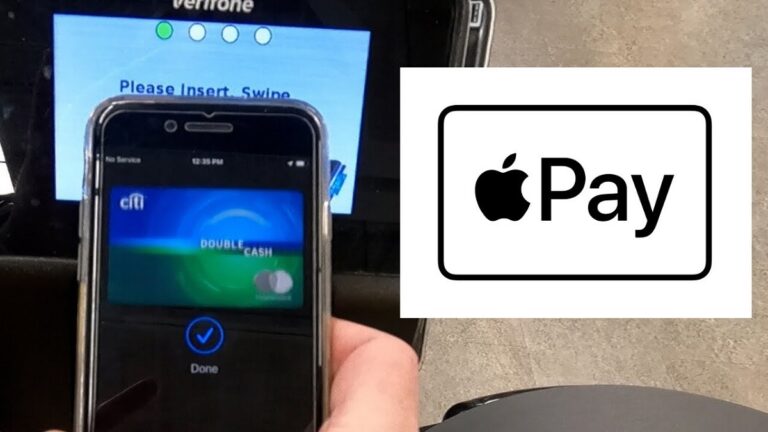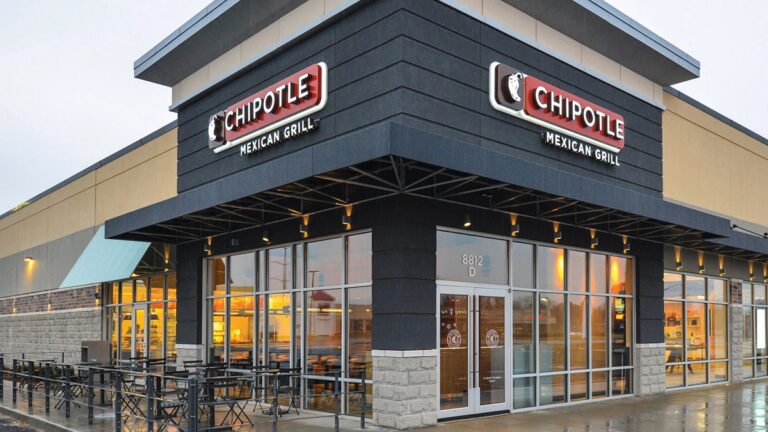Does McDonald’s Own Chipotle – Uncovering the Truth Behind the Fast-Food Giants
The question of corporate ownership often sparks curiosity among fast-food fans, and one common inquiry is whether does McDonald’s own Chipotle. Many people notice that both brands share a reputation for quality, innovation, and rapid expansion, leading to assumptions about a connection. Chipotle has become a household name in the fast-casual dining segment, known for its customizable burritos, bowls, and fresh ingredients. McDonald’s, on the other hand, dominates the traditional fast-food market worldwide with its iconic burgers, fries, and breakfast items.
Understanding the relationship—or lack thereof—between these two major brands can clarify common misconceptions about ownership, investment, and business operations. While both companies have made significant impacts in their respective markets, the question of whether McDonald’s owns Chipotle touches on corporate history, investment decisions, and the evolution of fast-casual dining in contrast to conventional fast food.
Description of Chipotle
Chipotle Mexican Grill is a popular fast-casual restaurant chain that has redefined the way people enjoy Mexican-inspired cuisine. Known for its focus on fresh, high-quality ingredients, Chipotle offers a menu that emphasizes customization, allowing customers to build their meals exactly how they like. With a commitment to responsibly sourced meats and produce, the brand has become a leader in the fast-casual dining industry, appealing to health-conscious and flavor-seeking customers alike.
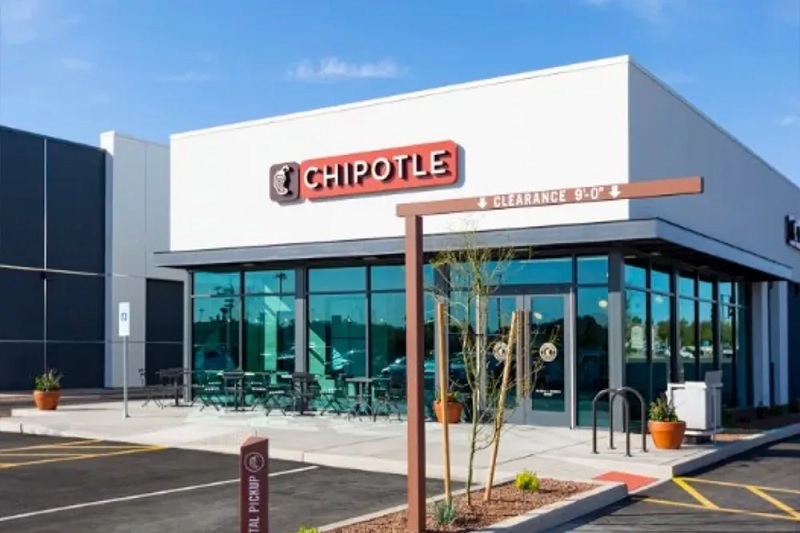
Menu and Offerings
Chipotle’s menu centers around customizable options such as burritos, bowls, tacos, and salads. Customers can choose from proteins like chicken, steak, barbacoa, carnitas, or sofritas, paired with a variety of bases, beans, rice, and toppings. Signature additions like Chipotle pico de gallo, guacamole, and a range of salsas enhance each dish with fresh, bold flavors. This flexibility allows for endless combinations, catering to different tastes, dietary preferences, and nutritional needs.
Brand Philosophy and Approach
Chipotle emphasizes “Food With Integrity,” a philosophy that prioritizes fresh ingredients, sustainable farming practices, and minimally processed foods. The brand’s approach combines efficiency with quality, offering quick service without sacrificing the taste or nutritional value of its meals. By focusing on transparency and ingredient quality, Chipotle has built a loyal customer base and set a standard for responsible, flavorful dining in the fast-casual sector.
McDonald’s Involvement with Chipotle
The relationship between McDonald’s and Chipotle is rooted in the early history of the fast-casual brand. While many people assume that McDonald’s currently owns Chipotle, the reality involves past investment and strategic support rather than ongoing ownership. Understanding this history clarifies the connection between the two companies and highlights how Chipotle grew into a successful independent brand.
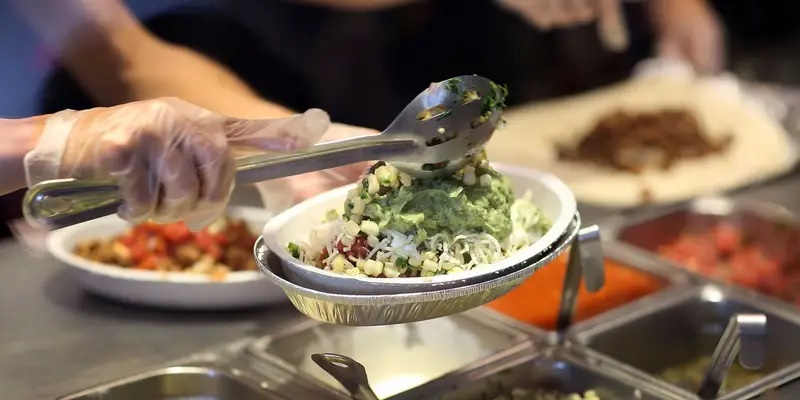
Early Investment and Growth
In the late 1990s, McDonald’s recognized the potential of Chipotle’s fast-casual model, which emphasized fresh ingredients and customizable meals. The corporation invested significantly in Chipotle to help accelerate its expansion across the United States. This financial backing provided the resources necessary for opening new locations, refining operational processes, and promoting brand awareness. McDonald’s influence during this period played a key role in transforming Chipotle from a small, regional eatery into a rapidly growing national chain.
Independence and Public Offering
Despite this early involvement, McDonald’s eventually divested its stake in Chipotle. In 2006, Chipotle became a publicly traded company, fully independent from McDonald’s ownership. This separation allowed Chipotle to pursue its own corporate vision, focusing on sustainable sourcing, innovative menu offerings, and the fast-casual dining experience. While McDonald’s helped support Chipotle’s initial growth, the brand’s current success and operational decisions are entirely autonomous, with no corporate control from McDonald’s.
Legacy of the Relationship
The early connection between McDonald’s and Chipotle left a lasting impact on the latter’s trajectory. The investment and guidance provided resources and strategic insight that helped Chipotle refine its business model. Today, the two brands operate in distinct segments of the food industry—McDonald’s as a traditional fast-food giant and Chipotle as a leader in fast-casual dining—showing how early partnerships can shape long-term success without permanent ownership.
Current Ownership of Chipotle
Chipotle Mexican Grill operates today as an independent, publicly traded company, distinct from other major fast-food corporations. Understanding its current ownership structure provides insight into how the brand maintains autonomy, implements corporate strategy, and continues to grow within the fast-casual dining market.
Publicly Traded Structure
Chipotle is listed on the New York Stock Exchange under the ticker symbol CMG. Being a publicly traded company means that ownership is distributed among individual and institutional shareholders who hold stock in the company. This structure allows investors to buy and sell shares while giving Chipotle the capital necessary for expansion, innovation, and operational improvements. Unlike being owned by a single parent company, this model provides Chipotle with greater independence in decision-making and brand strategy.
Leadership and Management
The company’s leadership team, including the CEO and board of directors, plays a critical role in guiding Chipotle’s operations and long-term vision. While shareholders have a say in major corporate decisions through voting rights, day-to-day management rests with the executive team. This ensures that the brand can focus on its core values, such as Food With Integrity, quality sourcing, and menu innovation, without external corporate interference from other fast-food chains.
Growth and Autonomy
Current ownership allows Chipotle to expand strategically, opening new locations domestically and internationally while experimenting with menu offerings and technology innovations. Independence from a parent corporation means the brand can prioritize its unique fast-casual approach, emphasizing fresh ingredients, sustainable sourcing, and customer experience. As a result, Chipotle continues to build its reputation and market share, leveraging shareholder support without compromising its distinctive identity. The publicly traded ownership model balances financial accountability with operational freedom, ensuring the brand remains agile and responsive to consumer trends.
How McDonald’s and Chipotle Differ
McDonald’s and Chipotle are two well-known names in the food industry, but they operate in fundamentally different ways. From menu offerings and service style to ingredient sourcing and brand philosophy, understanding these differences highlights why each brand appeals to distinct customer segments and occupies separate niches in the dining market.
Menu and Food Concept
One of the most obvious differences between McDonald’s and Chipotle is their menu concept. McDonald’s specializes in traditional fast-food items such as burgers, fries, chicken nuggets, and breakfast sandwiches. These items are designed for quick preparation, consistent taste across locations, and mass appeal. Chipotle, on the other hand, focuses on customizable, fast-casual meals like burritos, bowls, tacos, and salads. Each dish is built around fresh ingredients, including proteins like chicken, steak, barbacoa, carnitas, or sofritas, paired with beans, rice, and a variety of toppings. Chipotle’s menu emphasizes personalization and freshness, contrasting with McDonald’s standardized offerings designed for speed and efficiency.
Service Style and Dining Experience
Service style and dining experience are also significant differentiators. McDonald’s primarily operates as a fast-food chain with counter service, drive-thru options, and a focus on rapid turnover. Customers often eat on the go, and the brand prioritizes speed and convenience. Chipotle operates as a fast-casual chain, where customers customize their meals at the counter or through digital ordering platforms. While service is quick, it is less hurried, and the emphasis is on the quality of ingredients, presentation, and the ability to tailor meals to individual preferences. This difference in service style affects customer expectations, from the speed of delivery to the overall dining experience.
Ingredient Sourcing and Brand Philosophy
Another key difference lies in ingredient sourcing and brand philosophy. McDonald’s focuses on efficiency and consistency, sourcing ingredients to maintain uniform taste and availability worldwide. Chipotle emphasizes “Food With Integrity,” prioritizing responsibly sourced meats, non-GMO ingredients, and fresh produce. This philosophy affects menu choices, preparation methods, and marketing, appealing to customers who value quality, sustainability, and nutritional transparency. Chipotle’s approach positions it as a leader in the fast-casual segment, while McDonald’s continues to dominate traditional fast-food markets.
Market Position and Consumer Base
Finally, the two brands target different consumer bases. McDonald’s appeals to a broad audience seeking affordable, familiar, and quick meals. Chipotle attracts customers who prioritize customization, fresh ingredients, and a healthier dining experience. The pricing, ambiance, and marketing strategies of each brand reflect these distinct target audiences. By catering to different needs and expectations, McDonald’s and Chipotle coexist successfully, each excelling in its respective niche.
Impact of McDonald’s Investment on Chipotle
McDonald’s early investment in Chipotle played a crucial role in shaping the fast-casual brand’s growth and national recognition. By providing financial support and strategic guidance, McDonald’s helped Chipotle scale operations and refine its business model during its formative years.
Financial Backing and Expansion
The investment allowed Chipotle to open new locations rapidly, expand into key markets, and improve operational efficiency. McDonald’s resources offered stability and credibility, attracting attention from investors and customers alike. This support helped Chipotle establish a strong presence in the fast-casual sector, laying the foundation for long-term success.
Strategic Guidance and Operational Insights
Beyond funding, McDonald’s provided valuable insights into supply chain management, marketing, and standardized operations. These lessons helped Chipotle balance quality with efficiency, ensuring consistent customer experiences across locations. While Chipotle eventually became fully independent, the early influence of McDonald’s investment contributed significantly to its rapid rise and ability to compete with established fast-food chains.
FAQs
Does McDonald’s Currently Own Chipotle
No, McDonald’s does not currently own Chipotle. While McDonald’s invested in Chipotle during its early growth stages, the company is now fully independent and publicly traded, with ownership shared among shareholders.
What Was McDonald’s Role in Chipotle’s Early History
McDonald’s provided financial backing and strategic guidance in the late 1990s and early 2000s, helping Chipotle expand rapidly across the United States. Their investment allowed the brand to open new locations, refine operational processes, and gain national recognition.
When Did Chipotle Become Independent
Chipotle became a fully independent, publicly traded company in 2006. At that point, McDonald’s divested its shares, allowing Chipotle to operate autonomously and pursue its own corporate vision and growth strategy.
How Did McDonald’s Influence Chipotle’s Growth
Beyond funding, McDonald’s shared insights on supply chain management, marketing, and standardized operations. These contributions helped Chipotle balance quality with efficiency during its early expansion phase.
Does McDonald’s Still Have Any Stake in Chipotle
No, McDonald’s no longer holds any stake in Chipotle. The brand is entirely independent, and all corporate decisions—including menu development, sourcing, and expansion—are made by Chipotle’s leadership and shareholders.
Why Do People Think McDonald’s Owns Chipotle
The misconception arises from McDonald’s early investment and involvement in Chipotle’s growth. Because McDonald’s played a crucial role in helping the brand expand, many assume ongoing ownership, even though Chipotle has been independent for over a decade.
Final Thoughts
While McDonald’s played a significant role in Chipotle’s early growth through financial investment and strategic guidance, it no longer owns or controls the brand. Chipotle has since become a fully independent, publicly traded company, operating autonomously with its own leadership team and corporate vision. The early support from McDonald’s helped Chipotle expand rapidly, refine its operations, and gain national recognition, but today, all decisions regarding menu development, sourcing, and expansion are made independently.
This separation allows Chipotle to maintain its “Food With Integrity” philosophy, focus on fresh ingredients, and innovate within the fast-casual segment without external influence from McDonald’s. Understanding this history clarifies the relationship and highlights how early partnerships can foster growth without resulting in permanent ownership, allowing Chipotle to flourish on its own terms.

